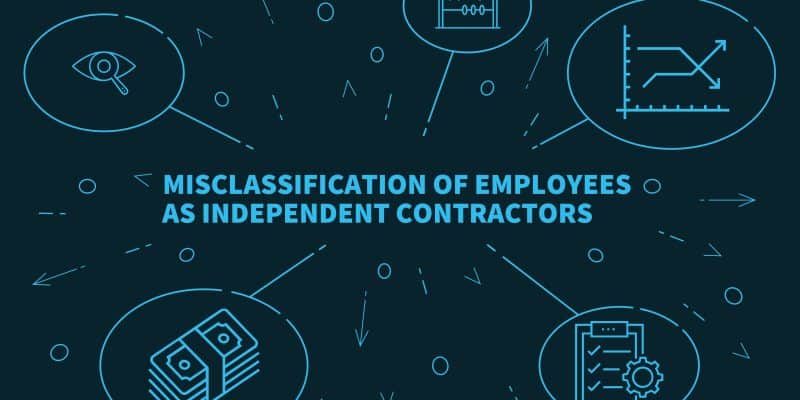The bills will make it a felony to “knowingly and willfully” commit wage theft of more than $1,500, instead of a misdemeanor. House Speaker K. Joseph Shekarchi called the bills “historic.”
By Amanda Milkovits Globe Staff, June 14, 2023
PROVIDENCE — The House overwhelmingly voted for legislation Wednesday that will increase the penalties for wage theft and employment fraud — a tool that supporters say will punish employers who take advantage of workers.
House Speaker K. Joseph Shekarchi called the bills “historic.”
The companion bills, sponsored by Democratic Representative Robert E. Craven Sr., of North Kingstown, and Senator Meghan Kallman, representing Pawtucket and Providence, give more power to the state Department of Labor and Training and the attorney general’s office the ability to bring felony charges to serious offenders.
The bills will make it a felony to “knowingly and willfully” commit wage theft of more than $1,500. (Currently, it’s a misdemeanor.)
The legislation also lays out how the Department of Labor and Training will audit companies and investigate complaints of employee misclassification, following the federal regulations in the Fair Labor Standards Act. A specialized investigatory team at the DLT will have the authority to determine whether the issues are good faith errors, or violations that require civil penalties or referral to the attorney general’s office for criminal charges.
Some company owners and chambers of commerce had voiced concerns about being prosecuted by the attorney general’s office for mistakes, said Representative Jason Knight, Democrat of Barrington and Warren. So, the legislation was amended to allow investigators to filter out the innocent mistakes from incidents where employers are willfully stealing from workers, he said.
The legislation will require the attorney general’s office and the DLT to produce annual reports about wage theft and misclassified employees in Rhode Island. It also calls for more public education for workers and an assessment about the industries and areas in Rhode Island where workers are more likely to be victims of wage theft and employment fraud.
The bills also hone in on the construction industry, with enhanced criminal penalties, including felony charges, for misclassification of employees. The worst offenders, as the Rhode Island underground economy and employee misclassification task force found, were often construction companies and subcontractors, according to the task force’s annual report.










